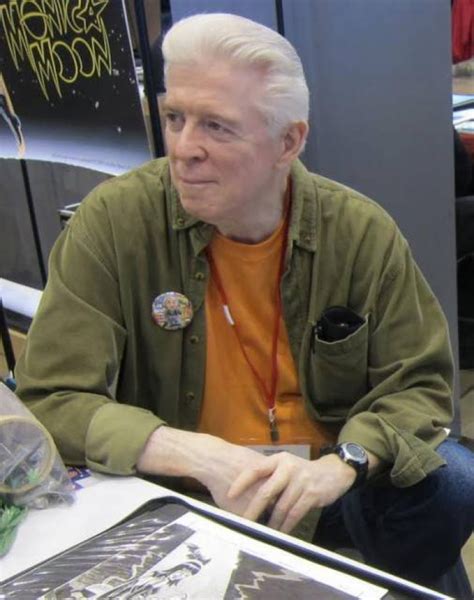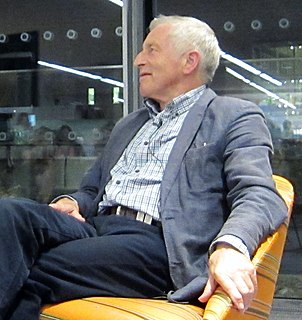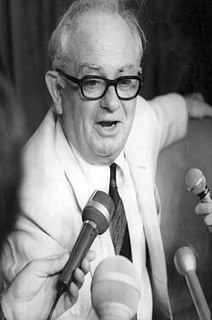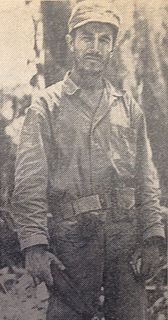A Quote by Nguyen Cao Ky
Through leadership of the fight against French colonialism, Ho Chi Minh had made a name for himself in the international political arena.
Quote Topics
Related Quotes
On many occasions in the late 1950s and 1960s, [Ho Chi Minh's] ideas were apparently ignored by those who felt that his approach was too naive and prone to compromise. The outbreak of open warfare with the French and later with the United States was in effect a sign of the failure of Ho Chi Minh to achieve his objective to fight and win at low cost.
I see no reason to believe that the Vietnamese Communist Party will lose control over the reins of power in Vietnam. There is no organized force in the country that is capable of competing with the VCP for power. And the party still believes that it must rule by intimidation and by dominating the political scene In effect, it has abandoned that part of Ho Chi Minh's legacy that the people must be won over by persuasion rather than by force - a dictum that Ho Chi Minh did not always follow himself.
Ho Chi Minh was well aware that the enemy possessed more firepower than did his own forces, and sought to use what he viewed as the superior political and moral position of his own revolutionary movement as a trump card to defeat a well-armed adversary. These ideas were originally generated during his early years as a revolutionary in the 1920s and 1930s, and continued to influence his recommendations in the wars against the French (1946-1954) and the United States (1959-1965).

























